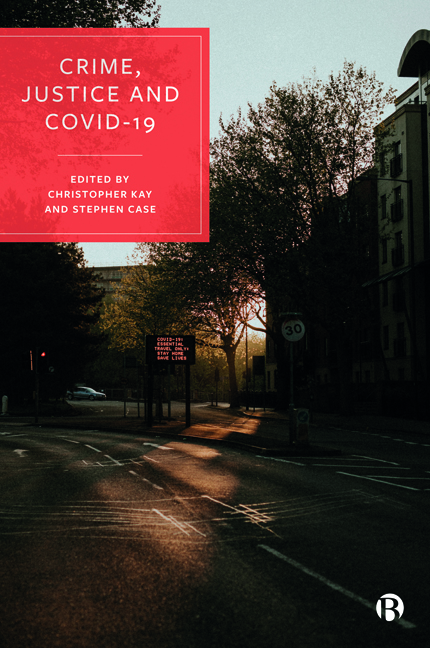8 - Crisis within a Crisis: Sex Workers, Emergency Response and Creative Service Provision
Published online by Cambridge University Press: 20 January 2024
Summary
Introduction
The context of being a sex worker in the United Kingdom (UK) brings about a complex interplay of quasi-criminalized laws which, while it is not illegal to sell or buy sex, makes it difficult to legitimately do sex work without criminal and/or social penalization. Laws criminalize sex workers by making it a crime for them to work together, through soliciting and kerbcrawling laws, and procuring laws which make it illegal for third parties (including other sex workers) to organize or assist in sex work. In addition, there is continually what has been called ‘creeping abolitionism’ (Scoular and Carline, 2014), where much of the governance of sex work falls under the ‘deserving’ and ‘undeserving’ binary – policies advocate exiting selling sex as a way of rehabilitation and moving away from deviant behaviour. These regulatory frameworks, which have focused on enforcement, antisocial behaviour and exclusionary tactics, have been called out consistently by research evidence and lived experience, but at the same time there has been no law reform away from a criminalized model. This framework of governance, treating sex work as a crime, is the bedrock of most sex workers’ experiences, with high levels of violence reported across sex markets (street, indoor, online) (Campbell et al, 2019) and hate crime an everyday occurrence (Campbell and Sanders, 2021). This UK context is exacerbated by conditions of stigma, exclusion and marginalization, also documented extensively across the globe (Bjønness et al, 2021). It is this pre-pandemic background that the reader should be mindful of when considering the impact of COVID-19 and government responses.
Individuals, families and communities were affected by the COVID-19 government restrictions in many different ways, and this has been well documented across all types of media and reactive academic commentary. Sex workers and their communities of practitioners, peers and allies also have a specific story to document relating to how their lives were affected by the pandemic and how frontline workers responded to this monumental and abrupt change in lives, services and stability. There was an early call to arms, which doubled as a warning about the impact of reducing health services for sex workers (see Platt et al, 2020; Sanders, 2020; Singer et al, 2020).
- Type
- Chapter
- Information
- Crime, Justice and COVID-19 , pp. 150 - 165Publisher: Bristol University PressPrint publication year: 2023



